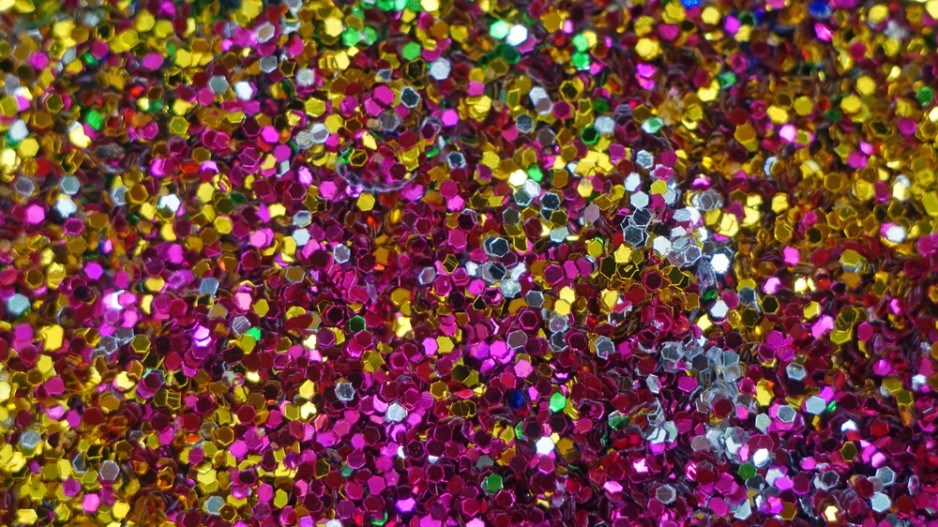Now that Santa has gone it appears no one is even trying to be nice. A new website launched January 13 charges $9.99 AUD (about $9.84 CDN) to send glitter, along with a note, to any address. No, this isn’t meant as a thank you as the website’s title shipyourenemiesglitter.com makes clear. So does its tag line “We send glitter to the people you hate.”
The idea has been so successful the company has had to stop taking new orders so it can catch up on what it already has.
If you can’t glitter someone, you could just spy on him or her by hiring a hacker. Hackers List, which is online, matches hackers with people looking to gain access to accounts and databases not their own (unless of course they just forgot their password and don’t know how to reset it). In less than three months, more than 500 jobs have been put out to bid on the site, according to the New York Times.
One reason buying online revenge may be becoming so popular is a change in demographics. This year, in the U.S., and likely elsewhere, the number of Millennials (aged 18 to 34) is expected to surpass the number of Baby Boomers (51 to 69). And Millennials spend more money online than any other age group.
In other news, 2014 was the hottest year on record, which means since 1880 when records started being kept. Ten of the hottest years have happened since 1997, according again to the New York Times. Pope Francis weighed in on the debate, if there still is one, on what is causing the warming, saying mankind was “mostly” responsible and that we have “slapped nature in the face,” according to the New Republic. TNR also points out that the Vatican is heavily invested in fossil fuels and perhaps the Pope should put his money where his mouth is.
Even China is starting to realize climate change may be a problem.
“Climate change has both positive and negative impacts on China, but overall it does more harm than good,” Liu Yanhua, counselor of China’s State Council, was quoted as saying in ChinaDaily . The quote came after the release of a report that found China will face rising temperatures and more extreme weather conditions as a result of climate change in 2015.
A lower oil price probably won’t help climate change. But it turns out $50 isn’t low. It’s the long-term average.




